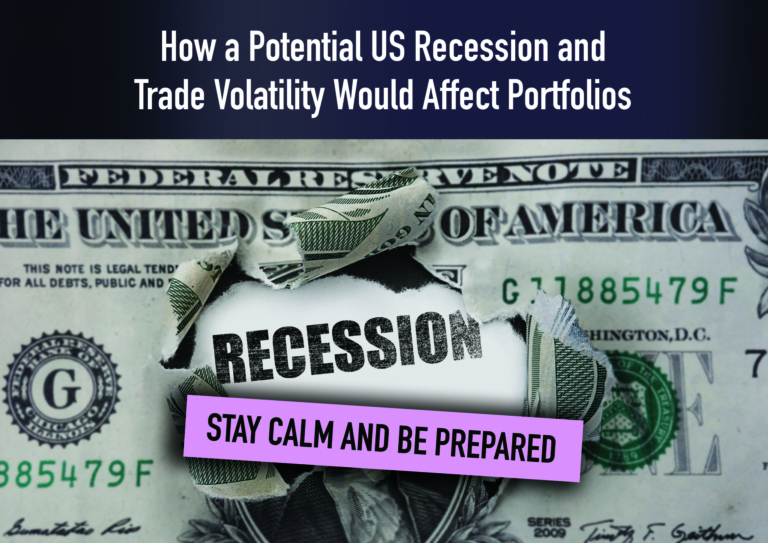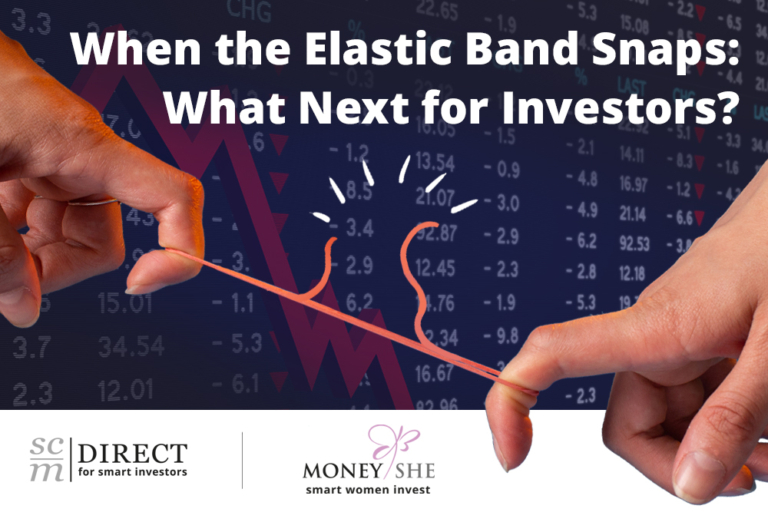Platform charges, fund manager charges, transaction costs, commissions, exit fees, – one thing is for sure, the investment industry is certainly good at finding multiple ways to charge fees.
As Founders of SCM Direct, Alan and myself have been vocal since launching the company in 2009 that consumers deserve 100% transparency of all fees and we have been publicly calling for this change across the entire UK investment and pension industry. Through SCM Direct and our True and Fair Campaign launched in 2012, we have written and contributed to numerous reports, consultations and legal text to end the unfair practice of dubious, and often hidden, cost and fees.
Through our campaigning, we have worked tirelessly with the Treasury, governments, global industry bodies, and national regulators and successfully contributed to three EU Directives – MiFID II, PRIPS, and The Shareholder Directive to improve the outcomes for all investors.
Our campaign has also highlighted and achieved a positive change around stock lending, closet indexation, research commissions, soft commissions, fund labelling, and fund mispricing after significant events and regulatory failings. You can find our reports here.
Since then, there has been a shift in the asset management industry with investors moving away from high-charging active management to low-cost passive strategies. Within the UK, the growth in passive assets has increased from 16% in 2008 to 26% in 2018 (link) but there is still more to do.
In the US (a market usually ahead of the UK), the shift has been greater with passive funds accounting for 41% of all U.S combined mutual funds and ETFs AUM, up from 14% in 2005.

Several factors have contributed to this shift. Development of the Efficient Markets Hypothesis in the 1950’s brought into question for the first time the actual value added by active managers. A recent study carried out by Vanguard showed that 72% of active UK equity funds underperformed their benchmark, were closed or merged into other funds in the last 15 years.
This makes sense – Game Theory states that one person’s gain is equal to another’s loss (excluding charges), it is, as they say, a zero-sum game. So once managers fees are considered, on average the performance must be lower than that of the benchmark (as they themselves are the market). There has also been an increase in focus from regulators on fee transparency, mostly due to campaigning pressure resulting in regulatory change most recently MiFID II, which is supposed to force fund managers to show all investors the true cost of investing, at all levels in £ and %, and in one total cost number. (We found very little compliance with this rule in our previous research, see here).
Whilst the industry reluctantly complies, many people make the mistake of thinking a small fee difference of 1% will not have a big impact on their final returns. But due to the magic of compounding, which Albert Einstein described as one of the most powerful forces in the universe, the negative impact tends to be much bigger than anticipated.
Example
The average total fees for discretionary portfolio management from a sample of well-known firms (excluding SCM) was found to be c. 2.21% per annum – see here. But when you add the average hidden transaction costs, which according to the FCA ‘add around 50bps on average to the cost of active management for equity investments’ – see here, the average true Total Cost of Investing is c. 2.71% per annum. The average SCM Direct Total Cost of Investing is less than half this figure – c. 1.01% per annum – monthly updated figures are shown within our factsheets (here).
Due to the magic/mathematics force of compounding, what appears to be a small difference between 1.01% and 2.71% per annum being 1.70% per annum, can have a dramatic negative impact on your investments over the medium to long-term.
If you invested two £100,000 pots over 5 years with two different companies — one charging 1.01% per annum and one charging 2.71% per annum, and both grow at 4.5% p.a. before costs; the pot with the lower-cost fund manager would have been £18,451 versus £8,623 with the higher cost investment manager. Over 20 years that figure increases to a difference of over £55,000.
To see how this works, use our calculator – https://scmdirect.com/fees-calculator/

Services
It is important to note that different managers will offer different products and services. For example, SCM Direct does not offer advice, however, we do offer actively managed investment portfolios via General Investment Accounts, ISA’s, and SIPP’s. So there are no advice fees reflected in our Total Cost of Investing fees. But whatever the service and layers of cost, every investor and pensioner should demand they see all fees at all levels charged on their savings pot. This is a basic consumer right granted in every other sector – the time is up for the fund and pension industries in terms of their excuses and intellectual dishonesty.
Capital at Risk.
The value of investments can go down in value as well as up, so you could get back less than you invest. It is therefore important that you understand that past performance is not a guide to future returns.
SCM Direct is a trading name of SCM Private LLP which is authorised and regulated by the Financial Conduct Authority to conduct investment business no 497525. Registered in England and Wales, OC342778.



